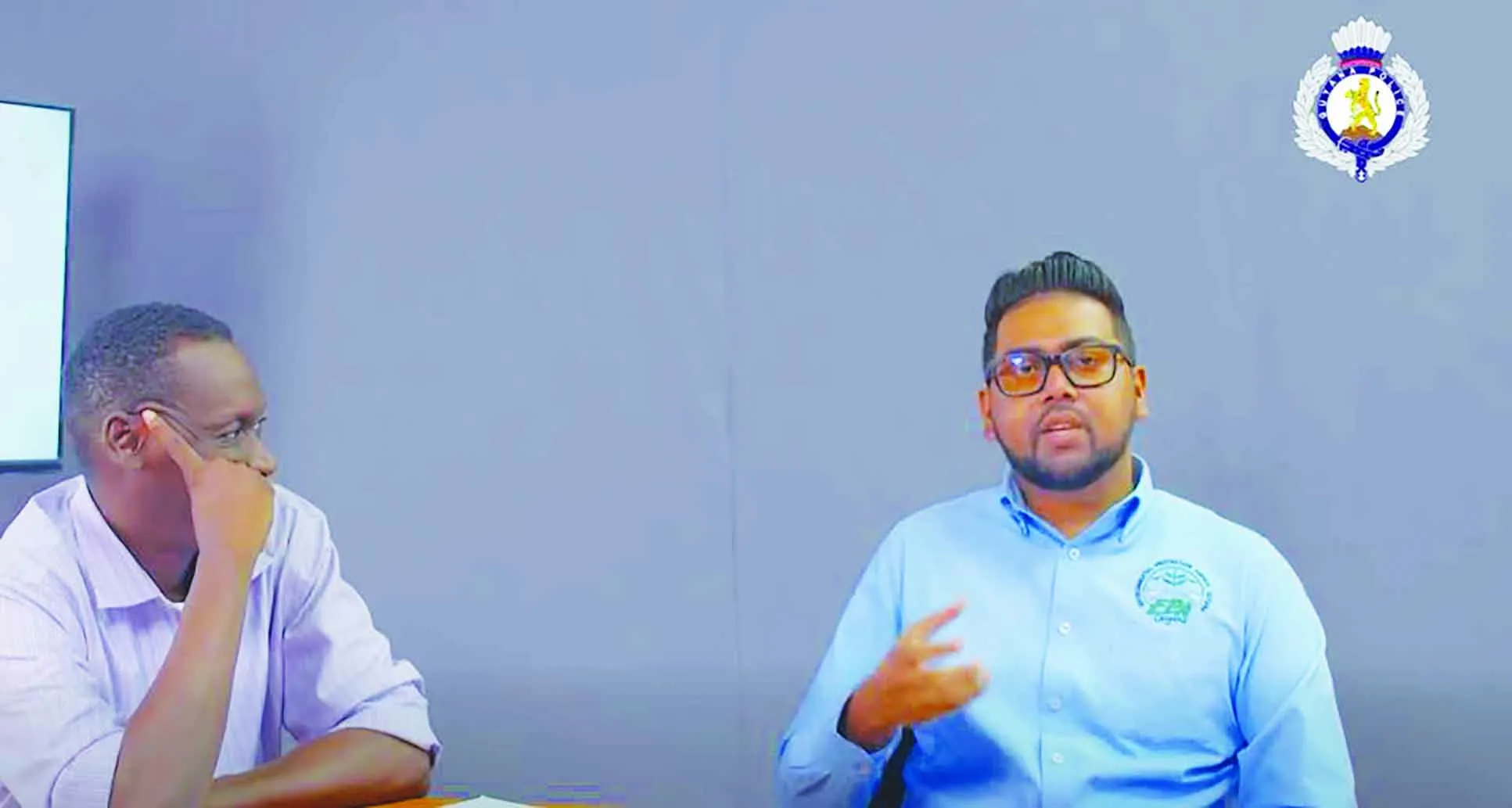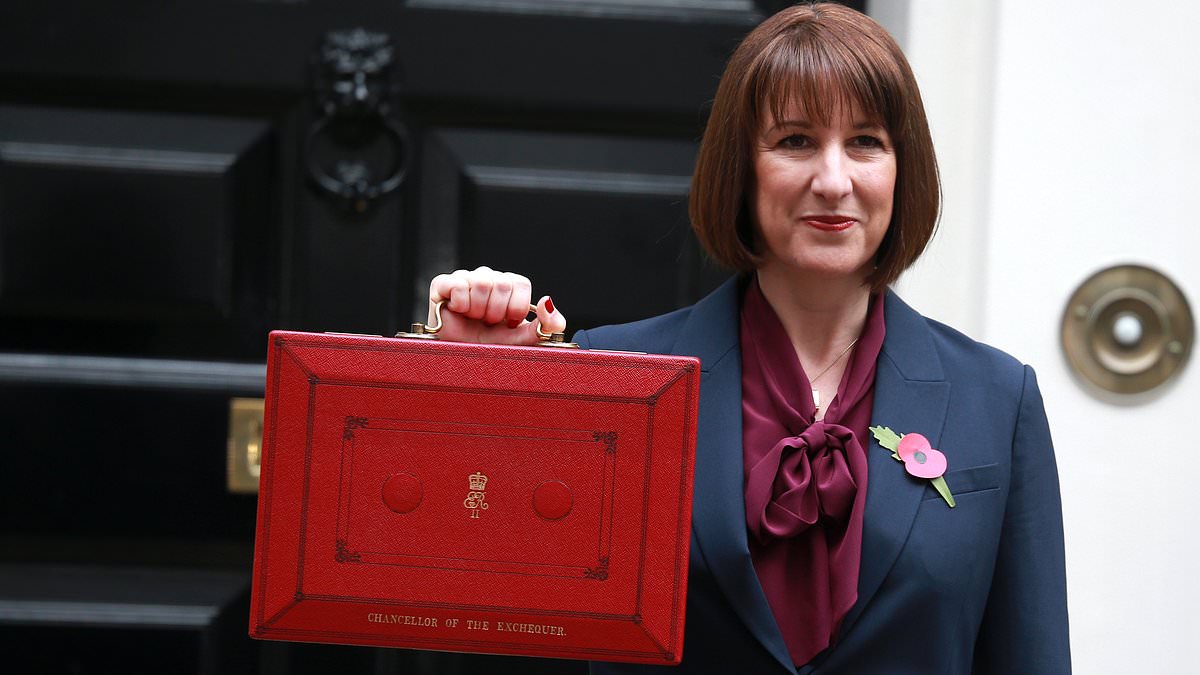Copyright guyanatimesgy

The Environmental Protection Agency (EPA) is moving to strengthen its enforcement of noise pollution regulations through a closer collaboration with the Guyana Police Force (GPF) – a move that will soon allow the Police to officially charge individuals under the agency’s regula-tions. This was revealed during a recent interview conducted in a Radio Eve Leary social media presentation by the Head of Investigation and Enforcement at the EPA, Surjpal Singh, who ex-plained that the agency is working alongside a special committee to finalise the necessary legal arrangements. “We are working with the committee members to actually develop an arrangement, or a fiat, where we can have the Guyana Police Force charge under our regulations,” Singh stated. He explained that this collaboration is part of a wider effort to ensure better compliance and accountability in addressing noise nuisance cases, which remain a persistent concern, particu-larly in urban and residential areas. According to Singh, the fines attached to noise pollution offences are substantial – ranging from $300,000 to $750,000 depending on the severity of the violation. “That’s a very important aspect of this collaboration because one of the key things we are steadfastly working to get arranged is to have a system where the fines and penalties under the EPA’s regulations can be effectively enforced,” he noted. While no individuals have been prosecuted specifically for noise nuisance so far this year, Singh said that the EPA has taken several cases to court involving combined offences such as dust, noise, and land- or water-based pollution. “We haven’t prosecuted anyone solely for noise nuisance this year, but we have brought cases for a combination of impacts. We’re still working through the finer details to get the enforce-ment mechanism fully in place,” he explained. In the meantime, the EPA continues to promote voluntary compliance as part of its ongoing public awareness and community engagement campaigns. “What we try to do is work with individuals. For example, if you operate a bar, we assist you in soundproofing, enclosing your space, and putting the necessary measures in place so that you’re not a nuisance to your neighbours,” Singh said. He added that the agency has been actively conducting weekend inspections, issuing advisory notices to businesses and individuals who operate sound systems or other noise-generating equipment. These advisories outline the steps required to reduce noise levels and comply with national regulations. “We’re out on the weekends serving advisory notices, but that doesn’t mean enforcement won’t come. With our collaboration with the Guyana Police Force, that process becomes easier for us,” Singh noted. “The right for you to enjoy your music is not the right to disturb others” Addressing one of the more common justifications given by individuals who modify their vehi-cles to play loud music, Singh reminded the public that personal enjoyment should never come at the expense of others’ peace of mind. “During my time here at the EPA, I’ve heard this quote a lot, and I think it sums up our message perfectly – ‘The right for you to enjoy your music is not the right to disturb others.’” He added that while the agency understands that people have hobbies and enjoy music – in-cluding himself – the EPA’s mandate is to ensure that such enjoyment is exercised responsibly and within the confines of the law. “We know people like to listen to music – I do too, but at a very low level. What we want is for everyone to be mindful of how their enjoyment affects others,” Singh concluded. The EPA continues to urge citizens, especially business owners and vehicle operators, to adhere to the Environmental Protection (Noise Management) Regulations, emphasising that enforce-ment will intensify once the new arrangements with the Police Force are finalised.



